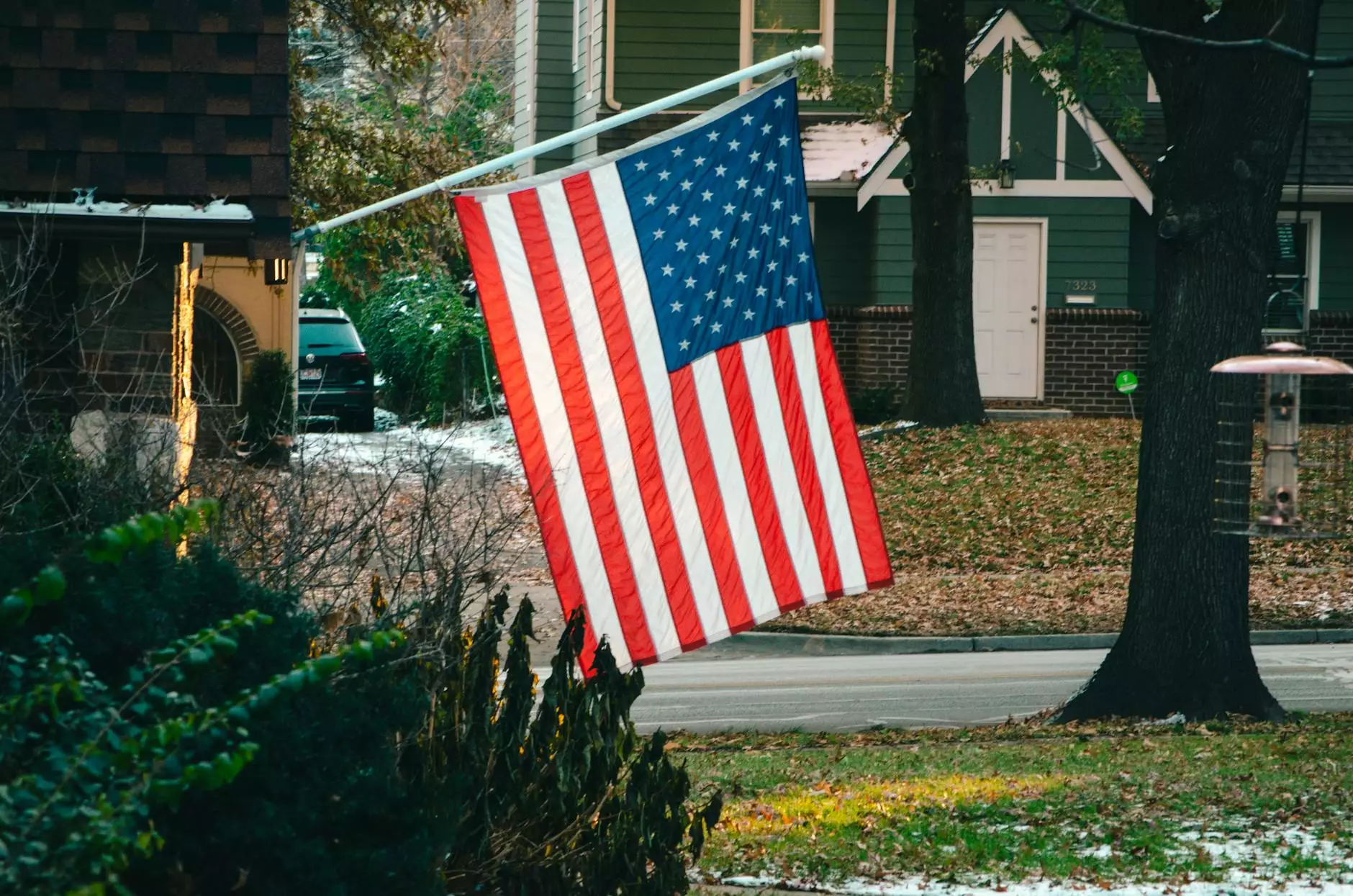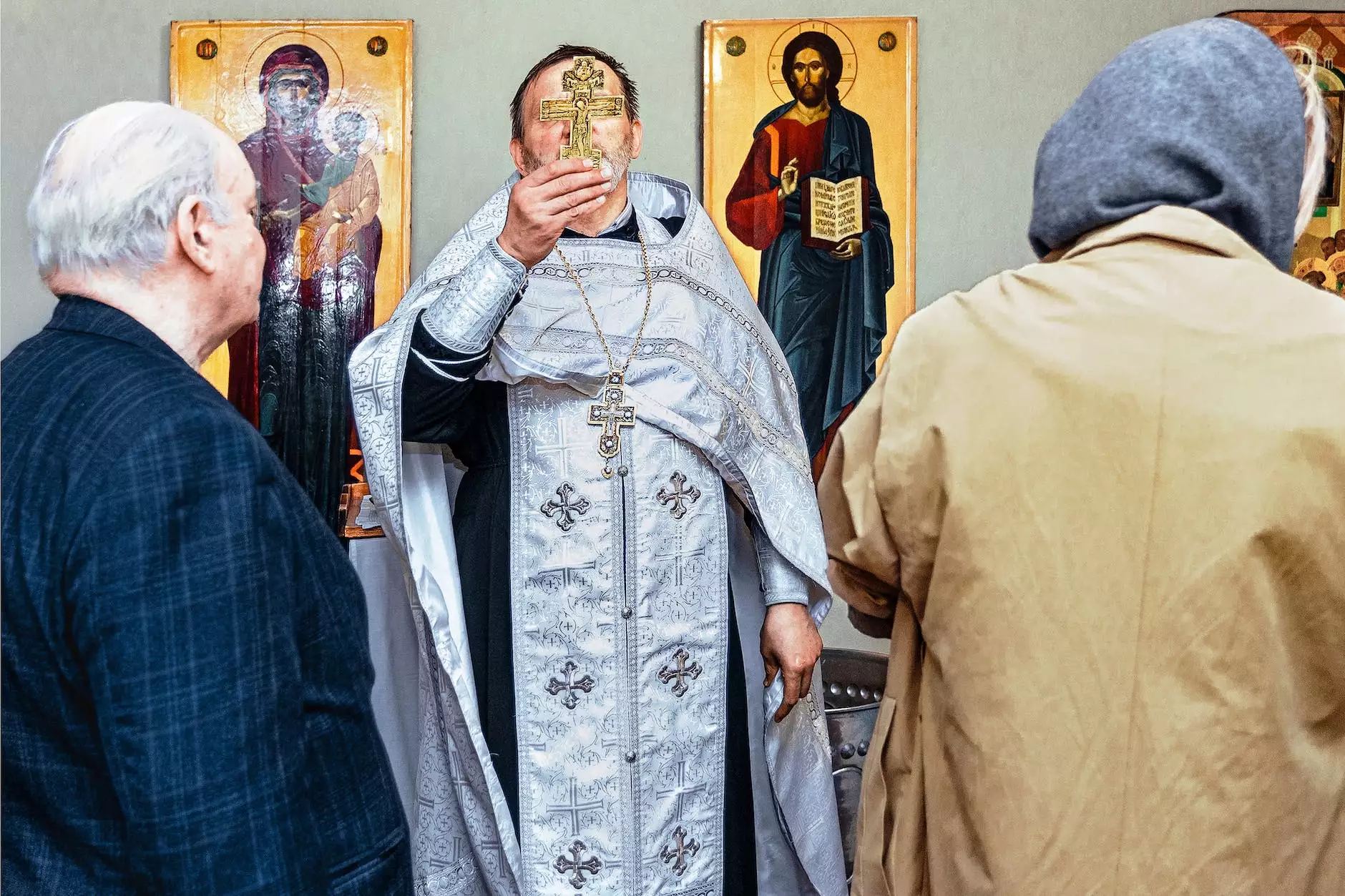TORTURE: Video debate between Bush admin official John Yoo and Amnesty International chair Chip Pitts

Exploring the Debate Surrounding Torture Practices
At Peace Church, we understand the importance of fostering open and honest discussions about crucial societal issues. In this article, we delve into the highly debated topic of torture practices during the Bush administration. Our goal is to provide you with a comprehensive analysis of the video debate between John Yoo, a key figure in the Bush administration, and Chip Pitts, the then-chair of Amnesty International. Join us as we explore the ethical and legal implications of torture and gain valuable insight into this controversial subject.
The Background: Bush Administration's Controversial Stance on Torture
The Bush administration's approach to counterterrorism, particularly regarding the use of enhanced interrogation techniques, sparked significant controversy and heated debates. John Yoo, a former official in the US Department of Justice, played a pivotal role in crafting legal justifications for the use of controversial practices such as waterboarding. Amidst growing concerns about human rights violations and the blurred line between acceptable and unacceptable tactics, Amnesty International, a global human rights organization, positioned itself as a staunch critic of the administration's policies.
The Debate: Perspectives of John Yoo and Chip Pitts
The video debate between John Yoo and Chip Pitts serves as a platform for contrasting viewpoints on the issue of torture. John Yoo presents arguments in favor of enhanced interrogation techniques, highlighting their perceived necessity in preventing potential terrorist attacks and gathering crucial intelligence. On the other hand, Chip Pitts vehemently opposes such practices, emphasizing the inhumane nature of torture and the damage they inflict on the moral fabric of a society that upholds human rights.
John Yoo's Perspective
John Yoo, drawing on his legal expertise, argues that the intense circumstances surrounding national security require a flexible approach to interrogation methods. He asserts that while the techniques may be physically and psychologically distressing, they are essential tools in extracting vital information that can potentially save innocent lives. Through his defense of the Bush administration's actions, Yoo raises questions about the limits of governmental power in times of crisis.
Chip Pitts' Perspective
Chip Pitts, as the representative of Amnesty International, presents a human rights-based argument against torture. He firmly believes that any form of torture is inherently immoral and that the United States, as a global leader, should embody and uphold the principles of human dignity and international law. Pitts highlights the long-term damage caused by condoning torture, including the erosion of trust from the global community and the potential for reciprocal harm to American citizens abroad.
Exploring the Ethical and Legal Implications
The debate surrounding torture raises pressing ethical and legal questions that go beyond individual perspectives. The dispute delves into the legitimacy of enhanced interrogation techniques under international law, the role of governments in guaranteeing human rights, and the potential ramifications on a nation's reputation. By examining these implications, we gain deeper insights into the complex and multifaceted nature of the torture debate.
The Way Forward: Seeking Accountability and Constructive Dialogue
As a society committed to justice and peace, it's crucial to engage in meaningful conversations that lead to positive change. The video debate between John Yoo and Chip Pitts serves as a starting point for further discussions, encouraging us to consider the long-standing effects of the decisions made during the Bush administration. By examining different perspectives and examining the consequences of torture practices, we can aim to ensure a future that upholds fundamental human rights while prioritizing national security.
Join the Conversation at Peace Church
At Peace Church, we recognize the significance of actively engaging with the community on important topics like torture and its ethical dimensions. We invite you to join us as we explore various issues affecting our society, fostering dialogue, and seeking to promote a world built on empathy, understanding, and respect for human rights.
Disclaimer: Reflecting Diverse Opinions
The views expressed in this article are solely those of John Yoo and Chip Pitts. Peace Church acknowledges the diversity of opinions on this topic and aims to provide a platform for constructive discussion without endorsing any particular standpoint. We encourage readers to arrive at their own informed conclusions by engaging with different sources and perspectives.
Conclusion
The video debate between John Yoo and Chip Pitts regarding torture practices during the Bush administration offers an opportunity to better comprehend the ethical, legal, and societal implications of such practices. By analyzing the contrasting arguments, we deepen our understanding of the complexities surrounding this controversial subject. At Peace Church, we strive to foster an environment where collective dialogue and mindful examination contribute to a more just and peaceful world.
© 2021 Peace Church. All rights reserved. | Category: Community and Society - Faith and Beliefs









